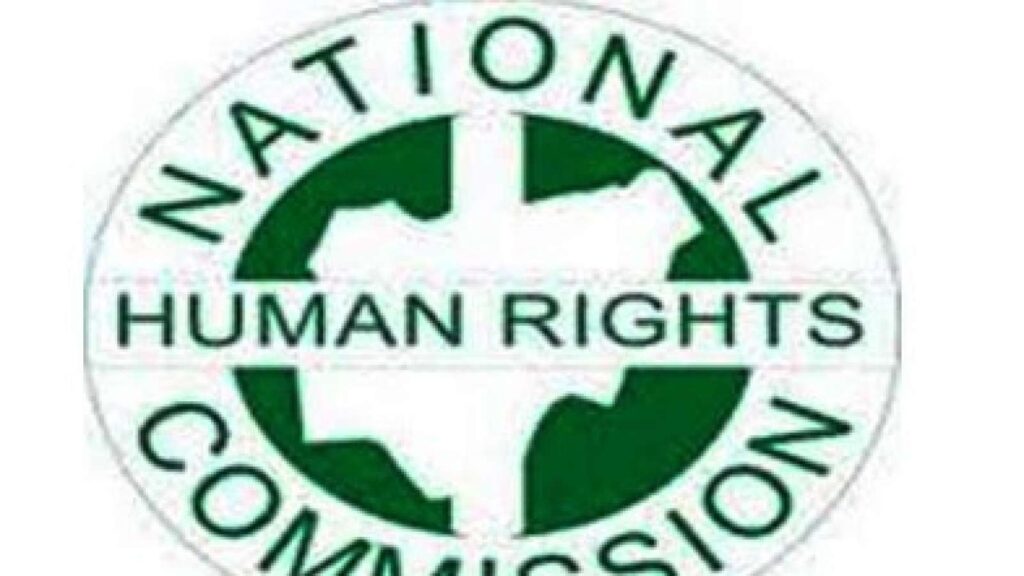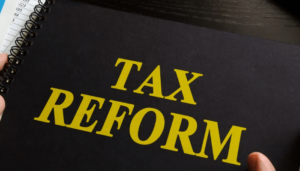The National Human Rights Commission (NHRC) has issued important guidelines to help ensure peaceful protests in Nigeria. These guidelines were directed at the Nigerian government, security agencies, and the organisers of the #EndBadGovernance protest, which starts today, August 1, 2024, and will run for ten days.
Tony Ojukwu, the Executive Secretary of the NHRC, announced the guidelines late Wednesday evening in Abuja. He emphasized that the move is part of the NHRC’s mandate to protect human rights as outlined in its enabling Act.
The ‘hunger protest,’ led by activist Omoyele Sowore, aims to draw attention to various issues affecting Nigerians. Despite efforts by President Bola Tinubu, state governors, and other influential figures to stop the protest, it is going ahead as planned.
Many Nigerians are worried that the protest might be taken over by troublemakers, leading to violence. There’s also concern about potential clashes between protesters, security forces, and pro-government groups holding counter-rallies.
To address these concerns, the NHRC has provided steps that the government, security agencies, and organisers can take to ensure the protest remains peaceful. The NHRC stressed the importance of dialogue, respect for human rights, and adherence to the rule of law to address protesters’ grievances while maintaining public order.
The Commission also urged all parties to avoid actions that could endanger public safety, damage properties, or undermine Nigeria’s democracy. Ojukwu assured that the NHRC will monitor all protests to ensure human rights are respected by everyone involved.
Some Parts of the advisory, “The National Human Rights Commission, in exercise of its mandate in Section 5, paragraphs (l), (m) and (o) of its enabling Act makes the following recommendations:
“Obligations of the Federal and State Governments
“The NHRC urges the Federal and State Government to uphold the Fundamental Human Rights and the Fundamental Objectives of State Policy enshrined in the Constitution of Nigeria.
“Federal and State Governments have obligations to facilitate peaceful assemblies by ensuring full protection of protest assemblies.
“Federal and State Governments shall ensure that protests are not disrupted by opposing third parties, counter-demonstrators or hostile forces.
“Federal and State Governments shall ensure that initial approaches to emerging violence by protesters or counter-protesters does not immediately lead to the use of deadly force and all measures to preserve human lives shall be ensured in accordance with international best practices.”
Obligations of the Nigerian Police and Other Law Enforcement, Security and Armed Forces:
“On the use of force: Abide by the recommendations of the United Nations Code of Conduct for Law Enforcement Officials and the Basic Principles on the Use of Force and Firearms by Law Enforcement Officials.
“This principle specifies that ‘law enforcement officials may use force only when strictly necessary and to the extent required for the performance of their duty,’ that the use of force should be exceptional, and that ‘the use of firearms is considered an extreme measure’.
“It also states that ‘no law enforcement official may inflict, instigate or tolerate any act of torture or other cruel, inhuman or degrading treatment or punishment’.
“Law enforcement and security agencies shall respect the rights of protesters, including the right to peaceful assemblies to convene assemblies and to voice their opinions.
“Provide and protect traffic routes for protesters and non-protesters to ensure the right to freedom of movement is enjoyed by all parties.
“Provide protection for public and private properties from protesters or counter-protesters.
“Ensure a prompt, impartial, and thorough investigation into any incidents of human rights violations during the protest.
“Obligations of the Protest Leaders:
“Ensure that the protest is peaceful and avoid provocative actions such as carrying arms, hate speeches, attacks on law enforcement and security agencies or looting of public and private properties
“Ensure that the protest remains peaceful and law-abiding. Violence and destruction of property will undermine the legitimacy of the protest.
“While the right to protest is guaranteed, the protection of critical infrastructure is also essential. Cooperate with law enforcement to ensure peaceful protests and apprehension of offenders.”
By following these guidelines, it’s possible to have a peaceful protest where everyone’s rights are protected.







